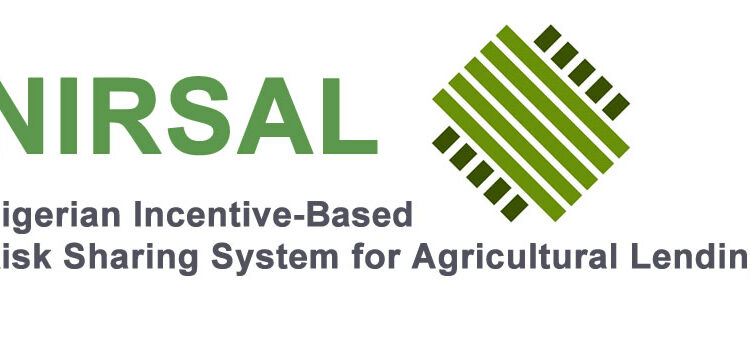The Nigeria Incentive-based Risk Sharing System for Agriculture Lending, (NIRSAL), has revealed that the organisation has put mechanisms in place targeted at funds accessibility, building the capacity of over 100,000 professional farmers across the country for optimal productivity and sustainable development..
This was made known by the head of Value Chain Capacity Development of NIRSAL, Ibrahim Suleiman while addressing Journalists in Owerri, the capital of Imo state.
He stressed that they are working tirelessly towards the realisation of its training on the optimisation of Agro Geo-cooperatives aimed at supporting the federal government’s food security agenda.
His words, “Under the Technical Assistance pillar of its mandate, NIRSAL is working towards reaching over 100,000 fish, cassava, and rice farmers across the country this year with its training on the optimisation of
Agro Geo-Cooperatives to support the federal government’s food security agenda.”
Speaking, head Corporate Commission of NIRSAL Jude Nnadozie, highlighted that the body has evolved strategies towards optimal food products through manpower and human capital development.
He expressed the commitment and determination of NIRSAL to facilitate agribusiness in Nigeria.
He said, “In line with its mandate to de-risk agriculture and facilitate agribusiness in Nigeria, NIRSAL has completed a midyear capacity development programme for agricultural value chain actors, particularly, lead farmers and extension agents in the Aquaculture and Cassava value chains across the country.
“The train-the-trainer programme, which had over 2,000 participants, is intended to impact a further 40,000 farmers during the step-down phase.
“With the programme, NIRSAL set out to sensitise the participants on its value chain-fixing solutions, especially the Agro Geo-Cooperative® (AGC) model which structures small holder farmers cultivating in the same locations into finance -able clusters with elaborate governance structures, thereby enhancing their capacity to access finance, inputs and mechanisation services, optimise their harvests and produce aggregation, and boost their access to secured markets.
“In Imo State, where 250 participants assembled in Owerri on day-1, and no less than 350 at the Umuofuga Umuhu Okwuato Multipurpose Hall at Aboh-Mbaise on day-2, the focus was on efficient models for fish production.”
The Imo State House House of Assembly Committee chairman, on Agriculture, Hon. Uche Agabiga lauded NIRSAL “For including Imo in this round of the capacity building programme, we believe that it would complement local efforts aimed at boosting agricultural productivity in the state.”
We’ve got the edge. Get real-time reports, breaking scoops, and exclusive angles delivered straight to your phone. Don’t settle for stale news. Join LEADERSHIP NEWS on WhatsApp for 24/7 updates →
Join Our WhatsApp Channel









